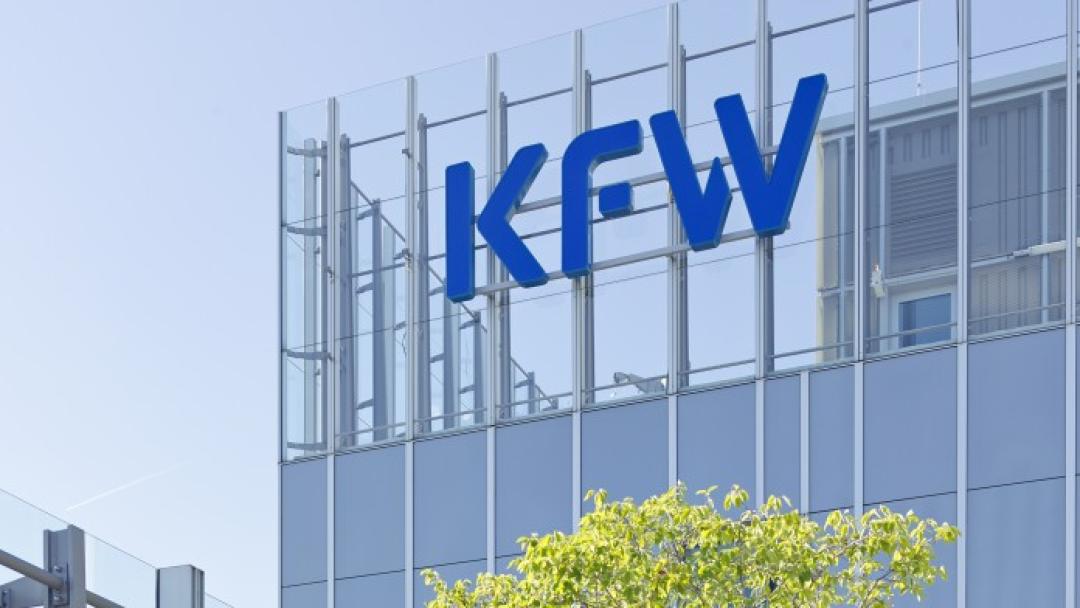
Georgia attracts investments in energy sector following adoption of new laws

On 28 May, Georgia’s Finance Minister Ivane Machavariani and Director of the Representative of the German KfW Bank in the South Caucasus Claus Faigel signed an agreement in which Georgia would receive €90 million in financial assistance to help the country’s reforms in the energy sector.
A day prior, the European Bank for Reconstruction and Development (EBRD) announced the allocation of €90 million to finance a project which aims to strengthen the energy network in Georgia and to install energy transmission lines in the country. The project would include the construction of the Nenskra power substation and Nenskra-Mestia energy transmission line in Svaneti. It will also build the 500-kilowatt Lajanuri-Tskaltubo and 220 kilowatt Tskaltubo-Namakhvani and Namakhvani-Tvishi-Lajanuri energy transmission lines.
The investment announcements came shortly after the Georgian parliament adopted new legislation on energy efficiency and energy performance of buildings. The legislation aims to reduce emissions and pollution, improve the energy efficiency of buildings, as well as decrease energy imports and bolster the country’s energy security.
The new legislation was adopted following the drafting of a roadmap within the EU4Climate programme that is funded by the EU and implemented by the United Nations Development Programme (UNDP). The roadmap was focused on the laws and policies that will help Georgia control emissions generated by fluorinated greenhouse gases and ozone-depleting substances. It covers national energy and climate plans and a monitoring, reporting and verification (MRV) system for greenhouse gases.
“The new framework will not only make Georgia's building industry more competitive, but [it will also increase] households’ [connection] with energy services, and [help] its building stock [be] better insulated. It will boost the usage of greener energy sources for heating, cooling and lighting,” said Violeta Kogalniceanu, Head of the Energy Efficiency Unit at the Secretariat.
The new laws also foresee a €26 million in investment grants and €8.5 million in technical assistance from the EU. Also, Georgia would get an additional €150 million in a policy-based loan tranche from KfW and the French Agency for Development (AFD) for the implementation of reforms.
Prior to the attraction of these new investments, on 2 May, TEPCO Renewable Power (TEPCO RP), one of Japan's largest energy companies, acquired 31.4% of the shares of Georgian hydropower company Dariali Energy, which was TEPCO’s second hydropower investments overseas. “The Dariali Hydropower plant is a prominent renewable energy power plant and has been contributing to strengthening energy security and independence in Georgia. It is also the first carbon-neutral project in Georgia and among all EBRD-financed projects worldwide”, TEPCO RP stated. The total project cost was estimated at $123 million, including a 23 percent contribution from the state, while an $80 million syndicated loan to JSC Dariali Energy for the development, construction and operation of the HPP was given by the EBRD.
Georgia’s carbon dioxide equivalent emissions amount to around 17.6 million tonnes per year (2.37 tonnes per capita), which is significantly lower than emissions in the world’s largest economies, but still higher than in some of the Eastern Partnership countries. The energy sector is responsible for the largest share of emissions (62%), followed by agriculture (19%), production and industry (12%) and waste (7%).
See Also


Simonyan: “Armenia Should Trade with Turkey and Azerbaijan Instead of Closing Borders”

Mirzoyan Meets US Deputy Assistant Secretary Joshua Huck

Azerbaijani President Holds Talks with UAE and German Business Delegations on Economic Cooperation

Grigoryan Confirms Armenia’s Readiness to Dissolve OSCE Minsk Group Upon Peace Treaty Signing

